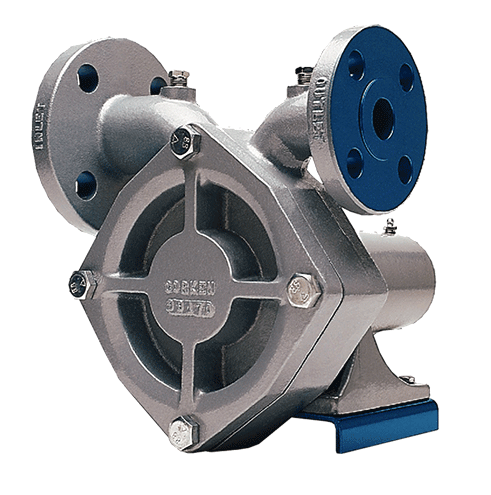The phrase ‘fuel convenience at doorstep’ has changed the paradigm of fuel availability and infrastructure for industries. For industries, it means the availability of different types of fuel near industrial establishments, or within the premises of production plants. This saves the industries the time and hassles of collecting fuel from the nearest fuel station. Leading fuel suppliers bring fuel at doorstep in an attempt to facilitate on-site fuel delivery. Among the numerous benefits offered by fuel convenience are- ease in logistics, reduction in the overall cost of product manufacturing.
However, it can also mean that industries would need adequate space for storing the fuel that would be needed for day- to- day operations, and would also need to build infrastructure to store the fuel without the risk of leakage, wastage or mishap. Because industries invest in their workforces, if operations are halted due to a fuel shortage, it can result in massive losses for the industry. In industrial establishments, this kind of doorstep fuel convenience is preferred to ensure that operations run smoothly, thereby reducing the risk of running out of fuel while the operations continue. Industries often choose to deploy specialized equipment and even teams to ensure fuel convenience.
Corken, the leading manufacturer and supplier of industrial unloading compressors leaves no propane behind. This advanced equipment supports 300 gallons in the railcar. With the help of such compressors which are specially designed for the LPG industry, compressed LPG is liquefied, and then transferred to a terminal and distribution system, from large storage tanks or trucks. Most industries either prefer LPG imported through pipelines or through transport trucks. During unloading, the unloading compressor maintains the desired pressure, rate of flow of LPG liquid and more that make handling of this highly volatile liquid safe. This compressor or pump set is usually installed at LPG terminals or distribution centers. Corken compressors are used for the unloading and efficient transfer of LPG. Corken, an old player in this segment, assures zero leakage and spills. Maintenance of required pressure and rate of flow ensure that the LPG transfer process adheres to the safety protocols laid out by individual manufacturing plants. Features like pressure sensors, vapour recovery system, auto shutdown system in case of emergency, etc. help ensure safety and efficiency in all stages of handling petroleum products.
Truck unloading and loading is a crucial step in the timely delivery of petroleum fuels like LPG. The trucks or waggons onto which LPG is loaded or unloaded are nothing like the regular trucks that are used to transport goods, cement or minerals. These are specialized vehicles that are not only capable to transport bulk quality of LPG,but also have provisions to attach to a dedicated piping system at the industrial manufacturing unit, and also at the LPG distribution unit. Multiple hoses are connected to specialized pumps, which are used in conjunction with compressors. These are some of the common items of equipment needed at the time of unloading LPG. It has to be noted that, compressors which have been designed for controlling the specific properties of compressed LPG gas and liquid – are also used for loading and unloading it. The fact that LPG is highly inflammable, has a high vapour pressure and lower boiling point, makes LPG handling extremely difficult.
During wagon unloading, teams at manufacturing units ensure that high pressure hoses and fittings function properly. The pumps, compressors, storage units, and tankers – all are connected by hoses. Hence, it is essential that the hoses and relevant fittings are not only of superior quality, but also of the right shape and size, and be compatible with other equipment used during the whole procedure of loading and unloading, especially the different sizes of valves. At all stages of operation, it is ensured that the manufacturing unit meets the safety requirements in order to prevent accidents, protect workers’ rights and safety, protect the environment and the well-being of animals, and protect the surrounding communities.
A superior quality LPG pump will have pressure relief valves, emergency valves for shut- off, and independent systems to detect any leakage. With the help of this pump, operations related to cylinder filling can be done effectively. Units that supply LPG cylinders, usually collect the empty ones, and fill them with LPG in a liquid or gaseous state. Regulatory compliances are followed to ensure that there are no accidents caused by the mishandling of LPG. Accidents also happen when the correct amount of gas, which goes regularly inside each cylinder, is disrupted. Any accidental or intentional deviation from the specified quality standards or calibration can pollute the environment, cause accidents within the plant premises, and even cause malfunctioning or breakdown of machinery and technology that are involved in the loading, unloading, filling, and dispatch processes. Corken’s parent organization, IDEX aims to fuel businesses with the help of clean solutions. All compressors comply with API 618 guidelines with acceptable deviations.
